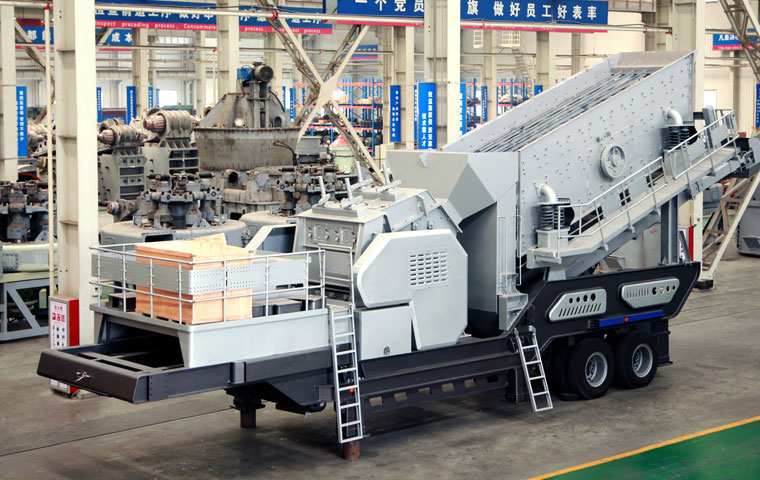A baryte (barite) grinding plant using Raymond mill technology is a common setup for processing barite ore into fine powder for industrial applications, such as oil drilling, paints, coatings, and chemicals. Below is an overview of how such a plant operates:
Key Components of a Barite Grinding Plant with Raymond Mill
1. Crushing System
– Raw barite ore is first crushed by a jaw crusher or hammer crusher to reduce particle size before grinding.
2. Grinding System (Raymond Mill)
– The crushed barite is fed into a Raymond roller mill (or similar vertical roller mill).
– The mill uses rollers and a grinding ring to pulverize the material into fine powder (typically 200-500 mesh).
– A classifier ensures proper particle size distribution.
3. Drying System (if needed)
– If the barite has high moisture content, a dryer may be integrated before grinding.
4. Dust Collection & Pollution Control
– Cyclone separators and bag filters capture fine particles to meet environmental standards.
5. Packing & Storage
– The ground barite powder is stored in silos and packed for shipment.
.jpg) Advantages of Using Raymond Mill for Barite Grinding
Advantages of Using Raymond Mill for Barite Grinding
✔ High efficiency with low energy consumption
✔ Adjustable fineness (80-600 mesh)
✔ Stable operation with low maintenance
✔ Suitable for medium and small-scale production
Typical Barite Grinding Plant Specifications
– Feed Size: ≤30mm
– Output Fineness: 80-500 m (adjustable)
(adjustable)
– Capacity: 1-25 TPH (depending on model)
Common Raymond Mill Models for Barite
– 3R/4R/5R Series Raymond Roller Mills (suitable for different capacities)
– HC Series Grinding Mill (higher efficiency for ultra-fine grinding)
Would you like details on specific equipment suppliers or process optimization? Let me know your requirements!




